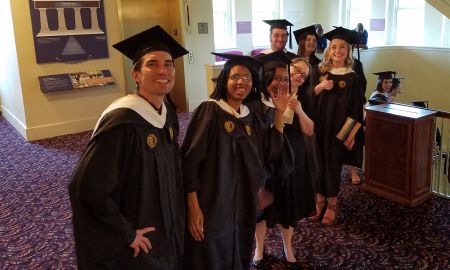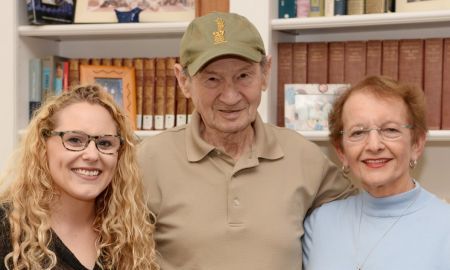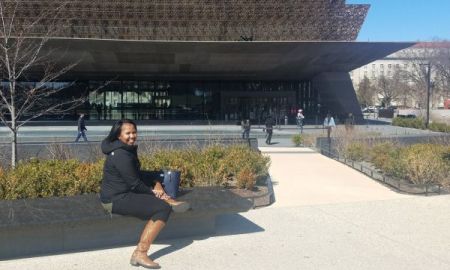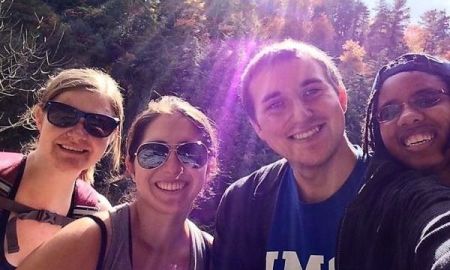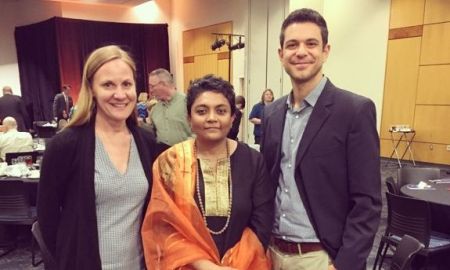
GRADUATE STUDIES
Master of Arts Degree in History
Our Master of Arts in history offers excellent training in research and writing skills. Students may concentrate their studies on any area of American, European, or World history, provided they choose an appropriate faculty member to serve as a main advisor for their subject. Graduates from our M.A. program often go on to Ph.D. programs or find employment in teaching, government, and business.
The M.A. in History and Museum Studies concentration provides graduate-level preparation in the core history program as well as first hand training in museum work. In this nationally renowned M.A. program, students are prepared to enter the job market in the museum fields. For more information on the Museum Studies concentration, click here .
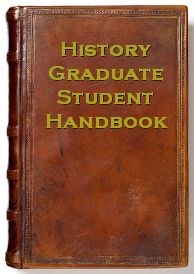
MA General Requirements
Note: The History Graduate Student Handbook is available in PDF form online with comprehensive information about our graduate programs for prospective and current students.
The requirements for the M.A. degree in History are spelled out in detail in the Graduate School Bulletin. The major outlines of the program are as follows:
- Students are required to take 30 hours and are expected to pass a language proficiency examination or take an extra three hours of course work in either their major or minor.
- Masters students create their own fields of study based on their own individual areas of interest. In consultation with faculty, students will form a three member committee with faculty who will specialize in three areas or time periods of history. One of these faculty members from the History Department will serve as the student's main advisor. Some faculty members may require that students have completed at least one course with them before agreeing to serve on a committee; students should consult with prospective committee members early in their graduate career. A faculty member from another UNCG department or program who has graduate faculty status can serve on an MA committee and create a field of study, but may not serve as the main advisor.
- MA faculty committees must have one "minor" field. This means, if a student selects a faculty member whose specialization is in United States history as main advisor, then at least one of the committee members must be a specialist in a non-U.S. field. If a student selects a faculty member whose specialization is in European history as main advisor, then at least one of the committee members must be a specialist in a non-European field. Similarly, if a student selects a faculty member whose specialization is outside United States or European history, at least one of the committee members must come from either U.S. or European history.
- Students will complete three courses (9 hours) from the following colloquia: HIS 701 Colloquium in American History before 1865 (3), HIS 702 Colloquium in American History since 1865 (3), HIS 705 Colloquium in European History before 1789 (3), HIS 706 Colloquium in European History since 1789 (3), HIS 710 Colloquium in the Atlantic World (3), or HIS 716 Colloquium in World History (3)
- Students will complete three courses (9 hours) from remaining graduate-level courses in History, including additional colloquia, chosen in consultation with their faculty committee members and the Director of Graduate Study. One elective course (3 hours) may be taken at the graduate level in a related department or program, with approval of the Director of Graduate Study.
- All students, during their first year of studies are required to take HIS 709, a course designed to introduce students to historical research at a graduate level, and HIS 510, a course on historiography designed to introduce students to the philosophy and practice of history.
- Students may take the 703/704 research seminars or they have the option of completing a 6 hour thesis (HIS 699), with the approval of the main faculty advisor and Director of Graduate Study. Students will present the findings of their research at a History Department M.A. Conference.
- The Graduate School requires that students must complete at least half of their hours at the 600-level or above.
Dr. Richard Barton
Director of Graduate Study
rebarton@uncg.edu
Dr. Torren Gatson
Director of Public History
tlgatson@uncg.edu
